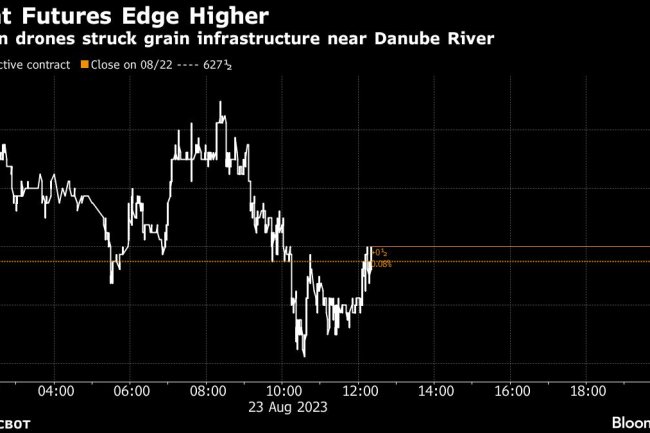Higher military spending will force Russian government to make difficult decisions – UK intelligence
UK intelligence has analysed the impact of a further increase in military spending in Russia on the Russian economy.Source: Intelligence review of the UK Defence Ministry on Monday; European PravdaAs UK analysts have noted, Russian government spending is increasingly focused on spending related to the war against Ukraine. The proposed budget for 2024 provides for an increase in defence spending by about 68% compared to 2023, which means that defence spending in 2024 will amount to about 6% of Russia's GDP.However, spending on education and health will be frozen at the level of allocations in 2023, which means a real reduction in spending due to inflation.ADVERTISEMENTAdvertisementThe Russian government will need to allocate more funds to finance payments and health care costs for an increasing number of wounded soldiers and families of those killed in the war.Over half of the soldiers who were seriously injured and need long-term treatment have lost their limbs, and one in five needs a


UK intelligence has analysed the impact of a further increase in military spending in Russia on the Russian economy.
Source: Intelligence review of the UK Defence Ministry on Monday; European Pravda
As UK analysts have noted, Russian government spending is increasingly focused on spending related to the war against Ukraine. The proposed budget for 2024 provides for an increase in defence spending by about 68% compared to 2023, which means that defence spending in 2024 will amount to about 6% of Russia's GDP.
However, spending on education and health will be frozen at the level of allocations in 2023, which means a real reduction in spending due to inflation.
The Russian government will need to allocate more funds to finance payments and health care costs for an increasing number of wounded soldiers and families of those killed in the war.
Over half of the soldiers who were seriously injured and need long-term treatment have lost their limbs, and one in five needs amputation of their upper limbs, Aleksei Vovchenko, Russian Deputy Minister of Labour and Social Protection, said on 17 October.
These wounded soldiers will almost certainly need medical attention for the rest of their lives.
A constant increase in military spending is highly likely to contribute to inflationary pressure in Russia, the UK Defence Ministry stressed.
In addition, further increases in military spending will force the Russian government to make difficult decisions about how to finance the war, which is likely to increase financial pressure on Russian businesses.
However, any significant reduction in future military spending will likely lead to the elimination of the main driver of Russian economic activity in the face of sanctions, the British analysts said.
Earlier, UK intelligence estimated that Russia's losses in dead and seriously wounded amount to up to 190,000 military personnel. Considering the number of wounded who can return to the battlefield after recovery, the overall number amounts to up to 290,000 people.
In September, the UK Defence Ministry noted that the shortage of workers has increased due to mobilisation and conscription in the civilian sectors of Russia's economy.
Support UP or become our patron!
What's Your Reaction?

















